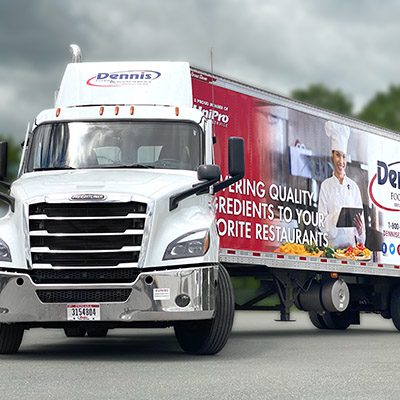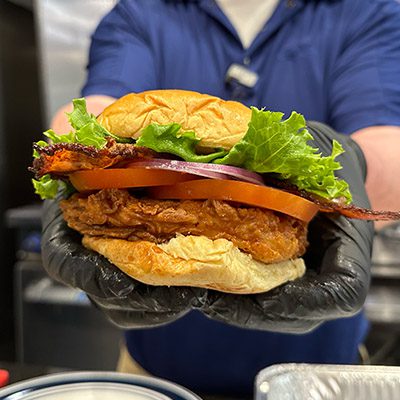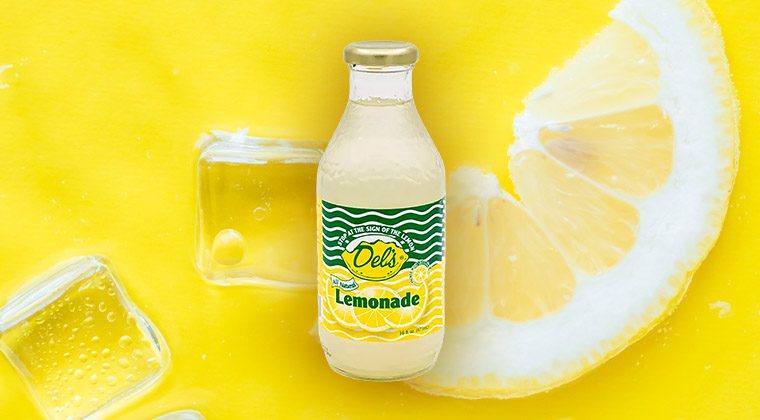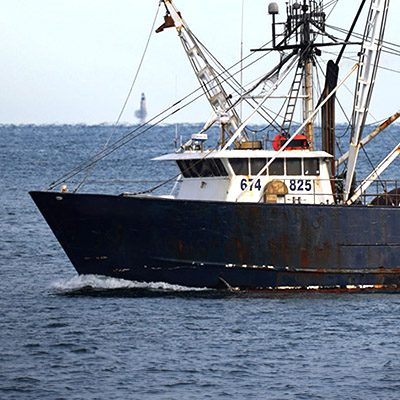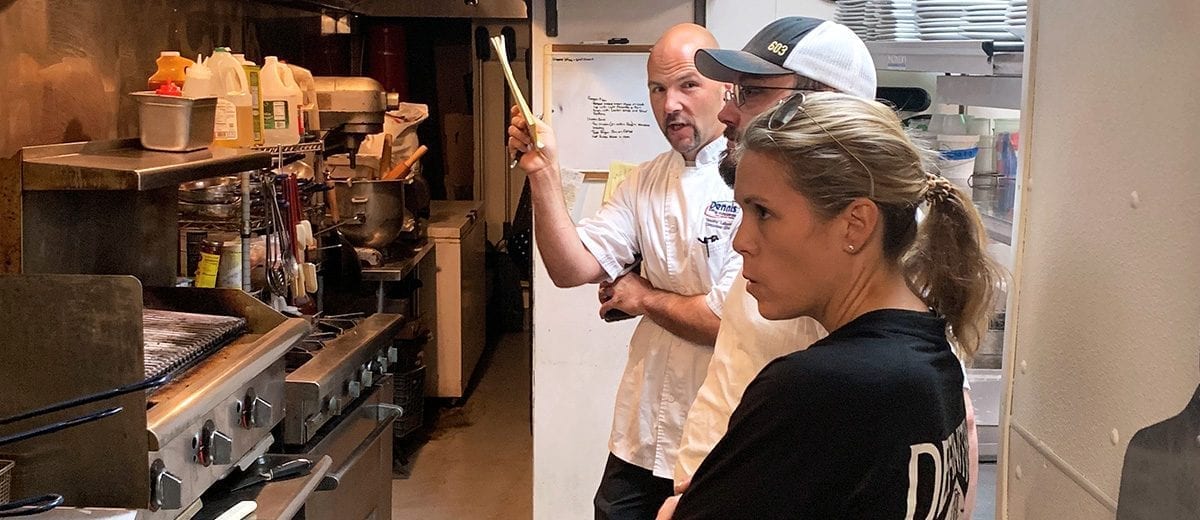
The Life Span of Commercial Kitchen Equipment
What to expect and when to replace…
You might not give much thought to your oven or dishwasher on a daily basis, but your kitchen appliances are what enable you to serve your hungry customers. Knowing the life span of commercial kitchen equipment helps you keep your operation running smoothly. It allows you to plan — and budget — for future maintenance, repairs and, eventually, new equipment.
Here’s a look at what every foodservice operator should know about their kitchen equipment and when it ought to be replaced.
What’s the true life span of commercial kitchen equipment?
It would be nice to be able to predict exactly how long an appliance might last, but with so many different factors at play, it’s tough to say for sure. Generally, CHD Expert estimates that you can expect to get 10 years or more from appliances that are well-maintained. But there are plenty of exceptions. For instance, an appliance that’s heavily used could start needing repairs after just a few years, while one that’s well looked after could last without issue for a couple decades.
When should old kitchen equipment be replaced?
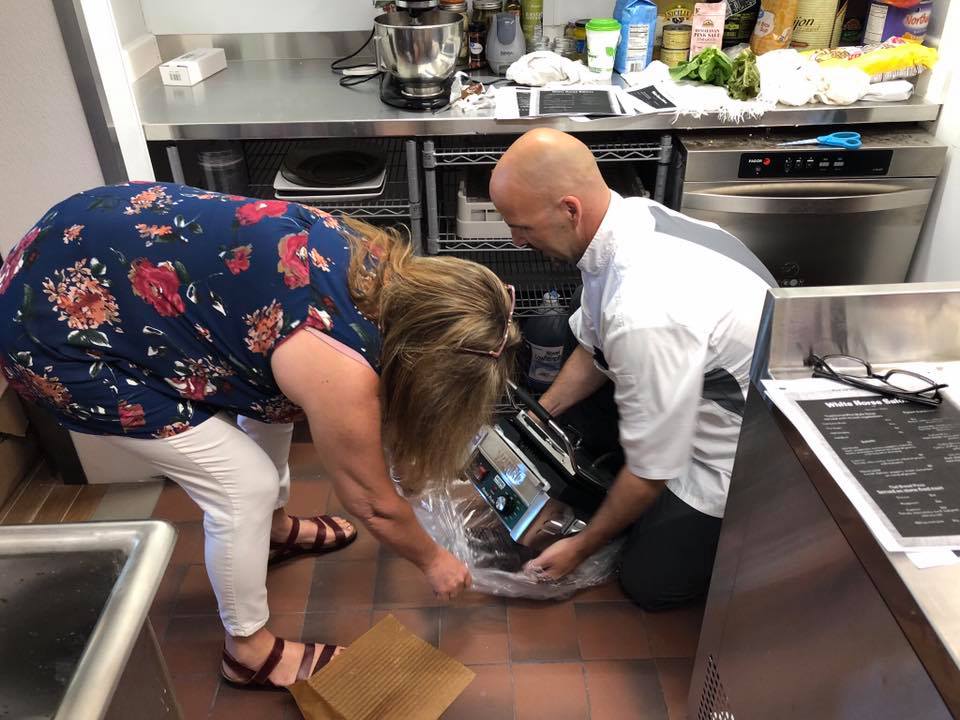
It makes sense to try to make the equipment you have last as long as possible. That said, there are some instances that almost always call for an upgrade. First on the list? When safety becomes an issue. It should go without saying, but appliances that put people at risk of injury don’t belong in a commercial kitchen.
You’ll also want to consider issues related to performance. If a piece of equipment is starting to consistently slow down food production, it’s time for a change. The same goes for appliances that seem in constant need of repair, especially if the costs of the repairs will exceed the price of buying something new in the long run.
Changes to your business might also mean it’s time to buy. If you’re looking for ways to cut overall operating costs, a more energy-efficient appliance could help lower your utility bills. Menu updates could also warrant new equipment if your current setup can’t get the job done.
Considerations for new equipment
New equipment is a big investment, but cost isn’t the only factor to keep in mind. It’s also important to make sure your purchase is the right fit for your operation. So before you start shopping, think about what you truly need from this equipment. Buying an appliance that falls short on must-have features will just set you up for problems in the kitchen.
Be sure to stick with commercial-grade equipment certified by the National Sanitation Foundation, which inspects appliances to ensure they meet public health standards. Seek out products that are ENERGY STAR-certified, too, for better energy efficiency. And look into an appliance’s warranty policy to see the kinds of repair and maintenance services the manufacturer is willing to offer.
Is secondhand equipment a good idea?
Getting a used appliance might cost you less up front, but it probably isn’t worth it. Though new equipment comes with a higher price tag, its life span tends to be longer. Plus, you won’t need to worry as much about maintenance or repairs, so there’s a good chance you’ll end up spending less on it in the long run.
That’s not to say equipment has to be expensive. If you’re trying to save money, consider looking into lease-to-own programs that require you to pay less up front. You can also opt for new models with slight aesthetic imperfections. They might not look as nice, but they get the job done just as well.
Overall, the life span of commercial kitchen equipment can vary quite a bit. But knowing when it’s time to replace your appliances and what to look for when buying new ones can help you get the most from your equipment — so you can keep making the food your customers love.
Article courtesy of Tyson Foods
